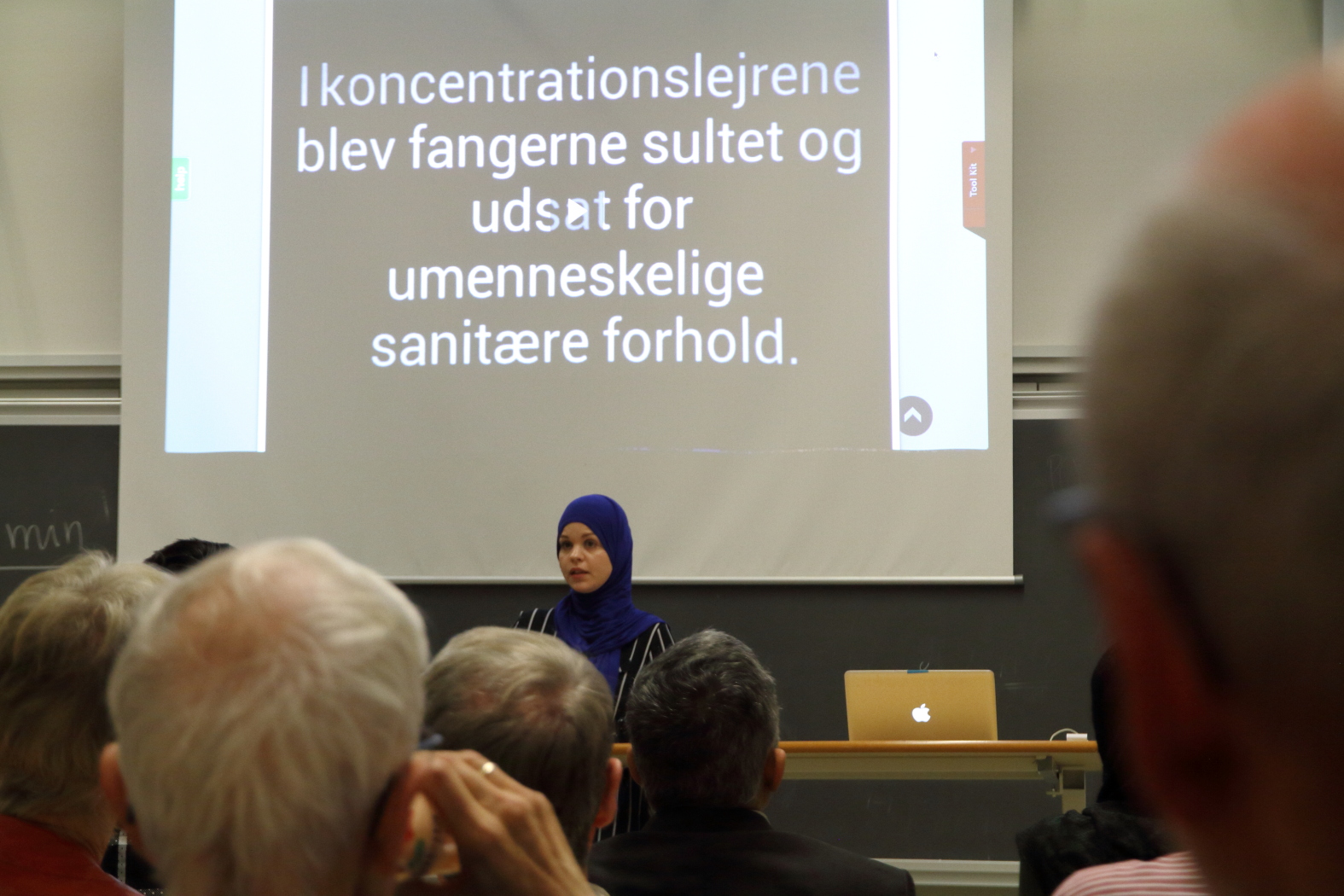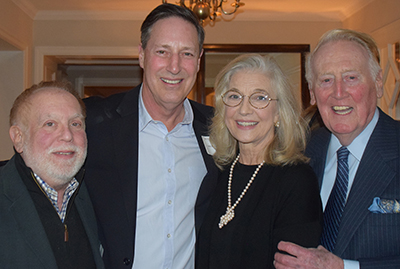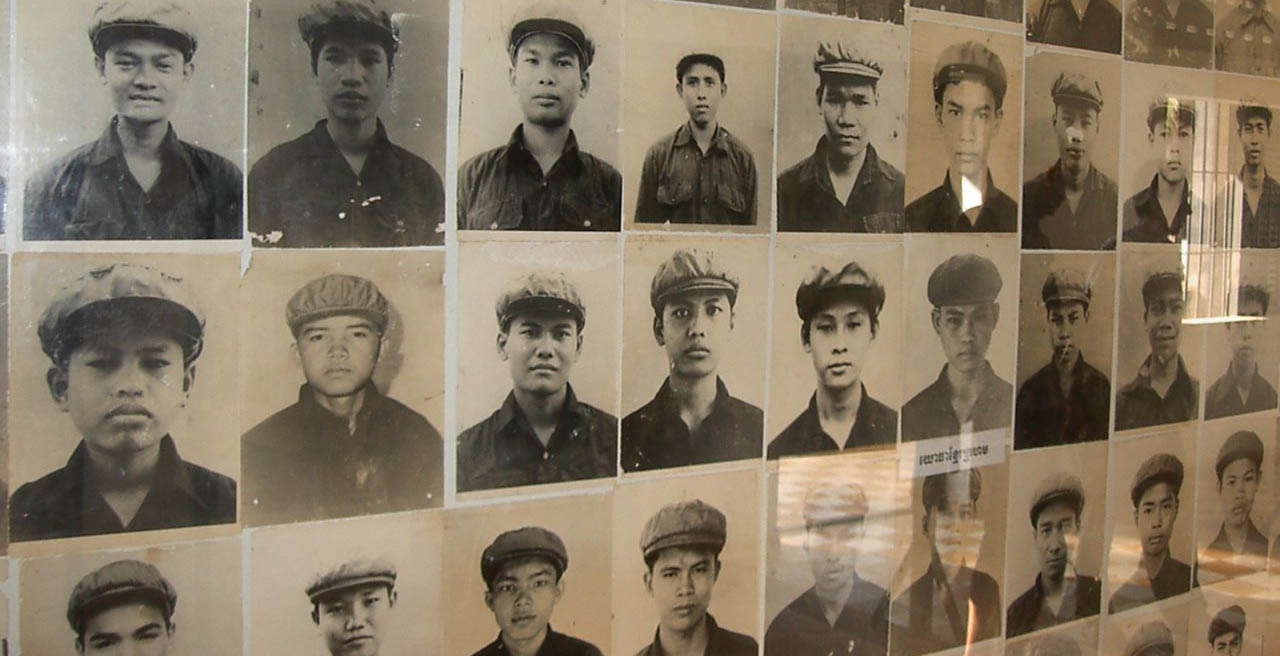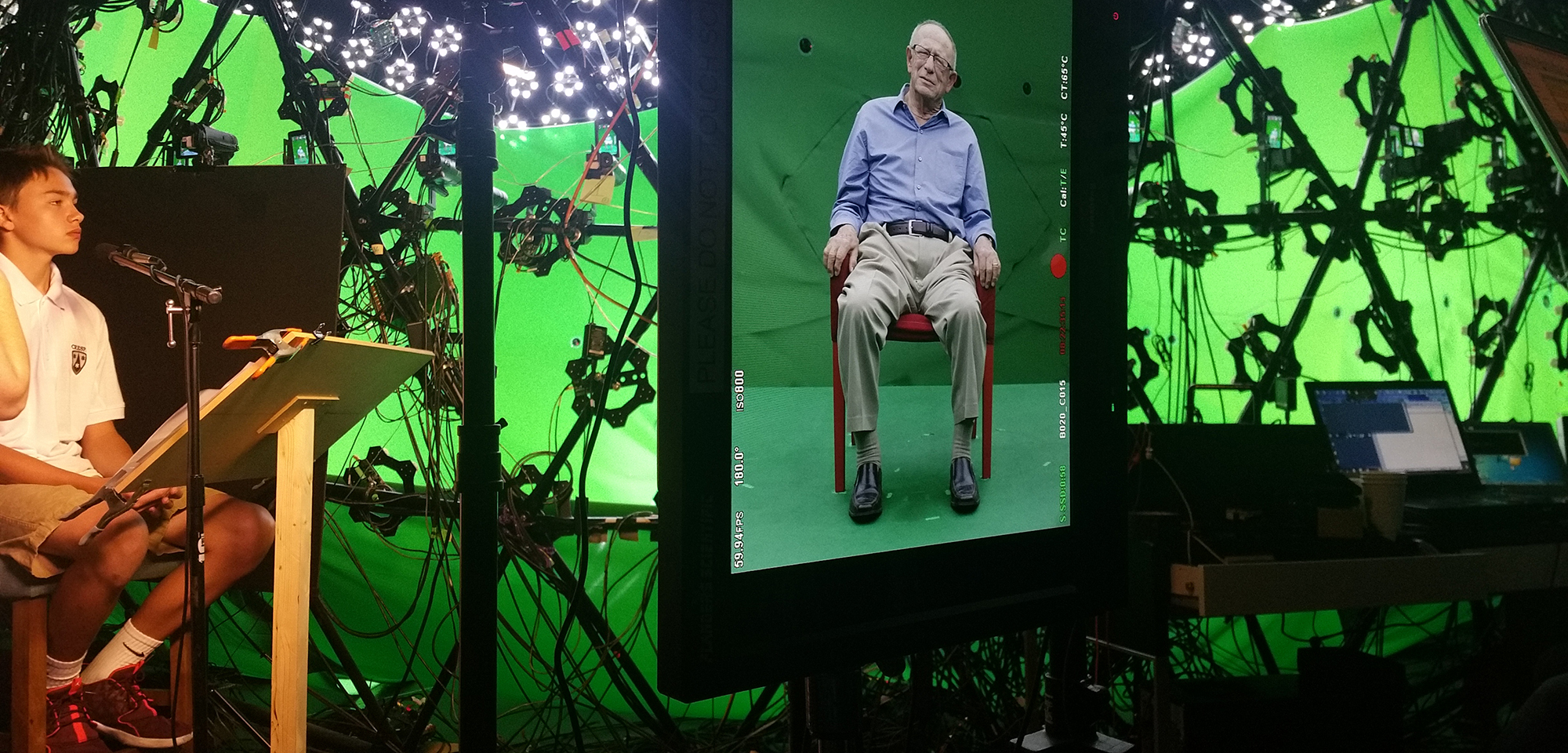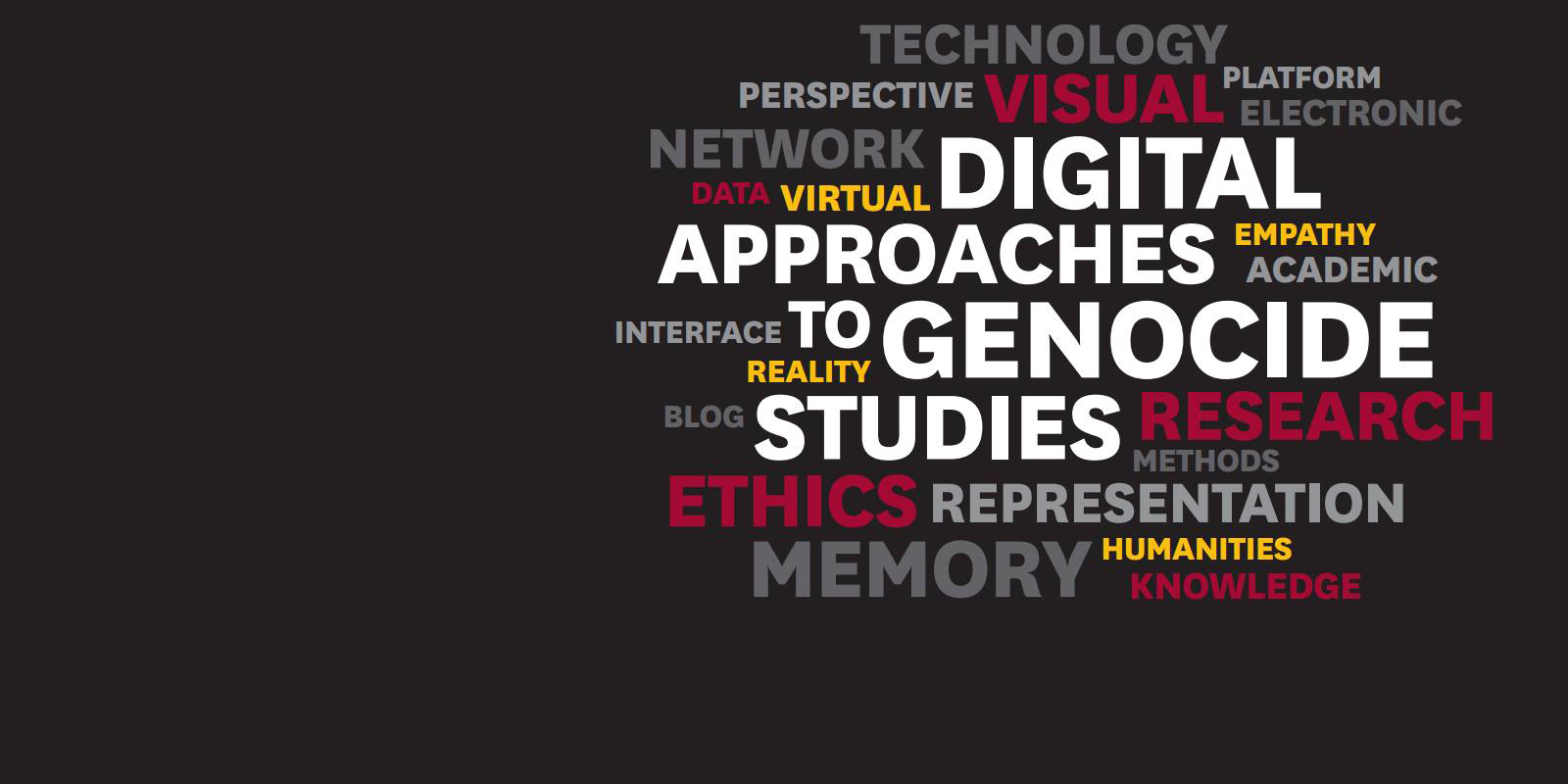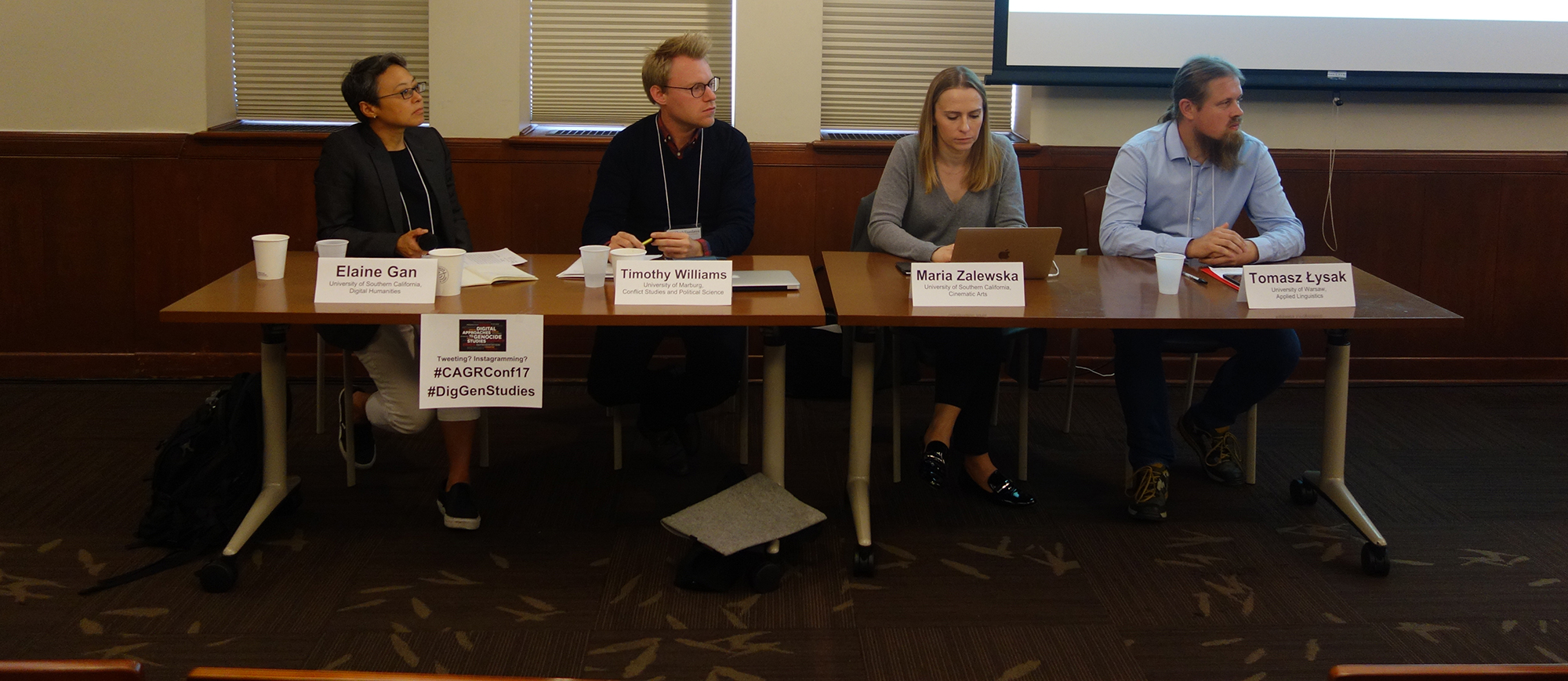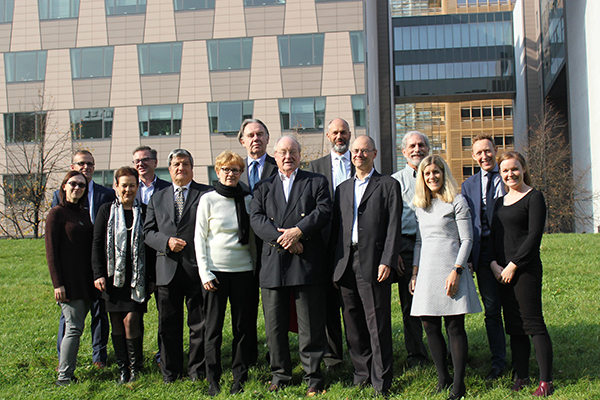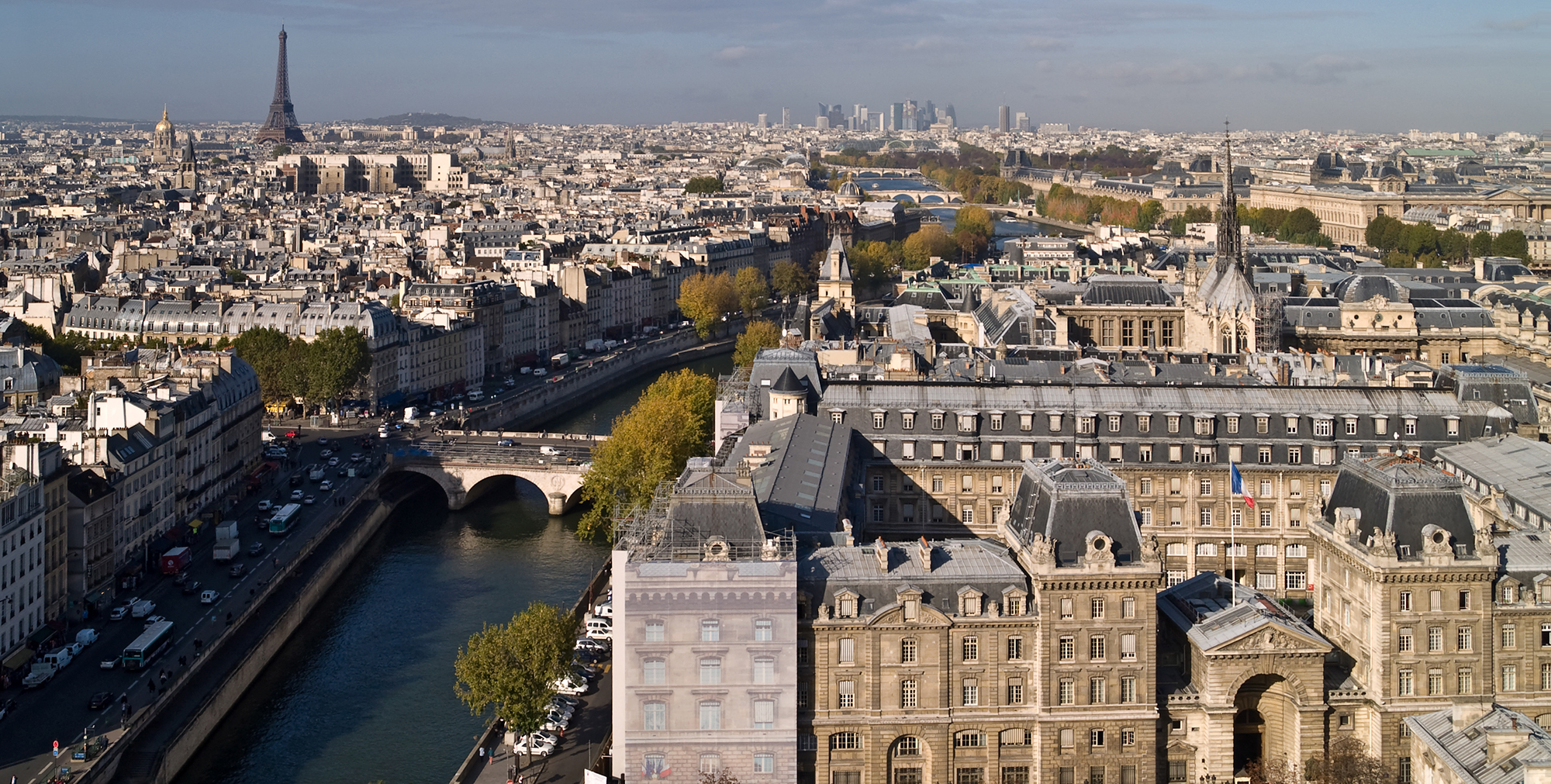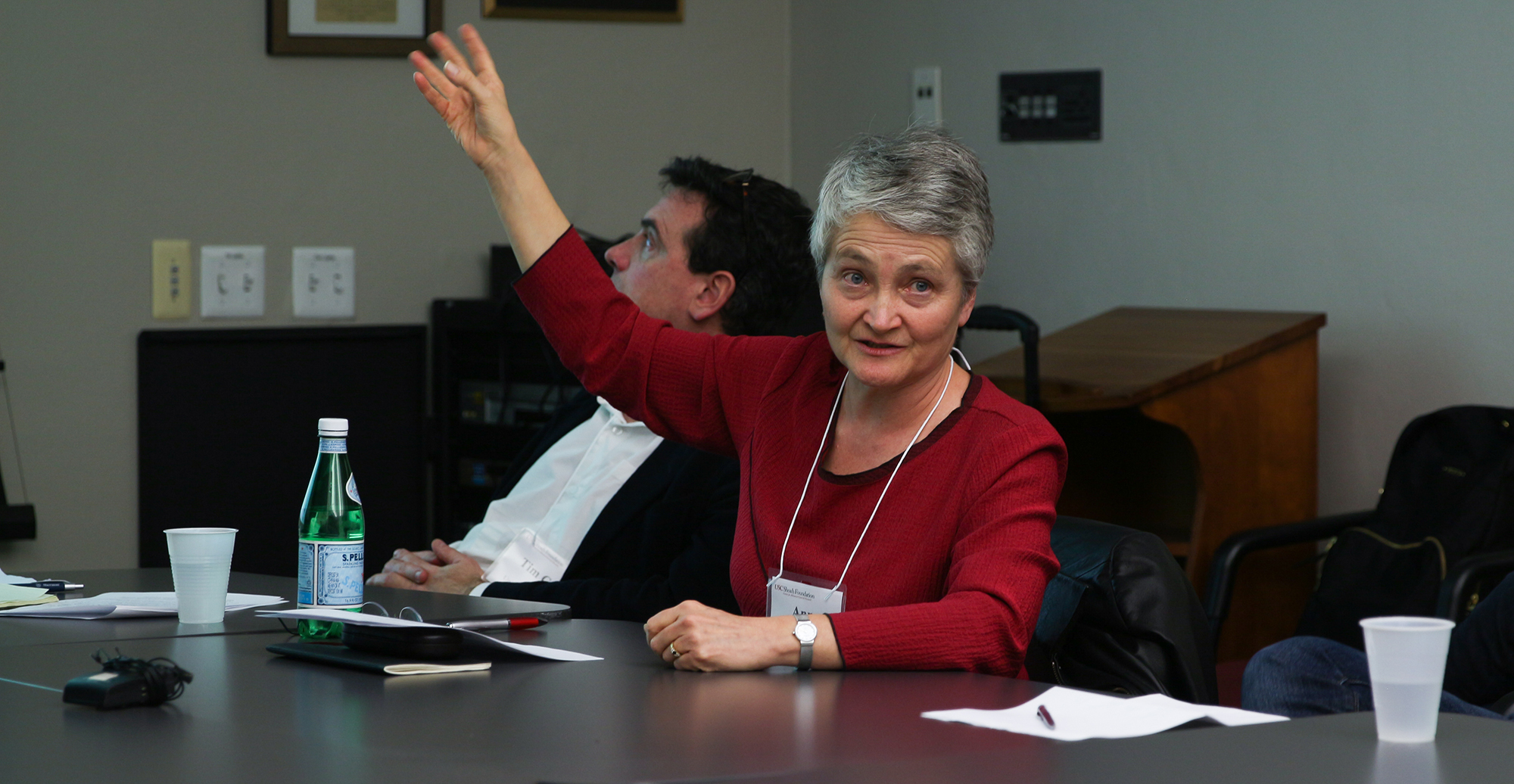News for 2017
After a semester-long study of Holocaust survivor narratives, four students in Professor Therkel Straede’s class at the University of Southern Denmark presented the short videos they made in IWitness to an audience of faculty, students and members of the public.
/ Monday, October 30, 2017
In his new memoir, Willing to be Lucky: Adventures in Life and Television, readers will not only get the inside scoop about working with Oprah Winfrey and George Clooney – they’ll also learn how his work with USC Shoah Foundation has been some of the most meaningful of his life.
/ Friday, October 27, 2017
Paris Papamichos Chronakis, Eric Le Bourhis and Andrew Curtis shared their research on the second day of the Digital Approaches to Genocide Studies conference, hosted by USC Shoah Foundation Center for Advanced Genocide Research.
/ Thursday, October 26, 2017
New Dimensions in Testimony will be exhibited in the Abe & Ida Cooper Survivor Stories Experience, enabling visitors to interact with the project’s filmed testimonies of 13 survivors, including seven who live in the Chicago area.
/ Wednesday, October 25, 2017
Digital tools allow researchers from a variety of disciplines, including cartography, history and visual arts, to represent the Holocaust in new, exciting visual formats.
/ Tuesday, October 24, 2017
Scholars Maria Zalewska, Timothy Williams and Tomasz Łysak delved into some of the newest ways genocide museum visitors are sharing their experiences on social media in the panel discussion “Social Media, Genocide Commemoration and Augmented Reality.”
/ Monday, October 23, 2017
From 17-18 October the political and expert representatives of the International Holocaust Remembrance Alliance (IHRA) Strategic Planning Group gathered in Berlin to finalize the organization’s first draft strategy.
/ Friday, October 20, 2017
The 1:30-3:30 p.m. panel on the second day of the Digital Approaches to Genocide Studies conference at USC Shoah Foundation Center for Advanced Genocide Research will gather three scholars who create maps, not of geographic places of genocide, but rather the personal journeys and social networks of survivors as they went on their trajectories through the Holocaust and Cambodian Genocide.
/ Thursday, October 19, 2017
Though USC Shoah Foundation specializes in maintaining thousands of recorded testimonies in its Visual History Archive, many of the Institute’s interviewees have also published memoirs and autobiographies.
/ Thursday, October 19, 2017
The opening panel of the second day of the USC Shoah Foundation Center for Advanced Genocide Research’s Digital Holocaust Studies conference will focus on the innovative ways researchers are representing the Holocaust visually, using the latest data visualization techniques and tools.
/ Wednesday, October 18, 2017
